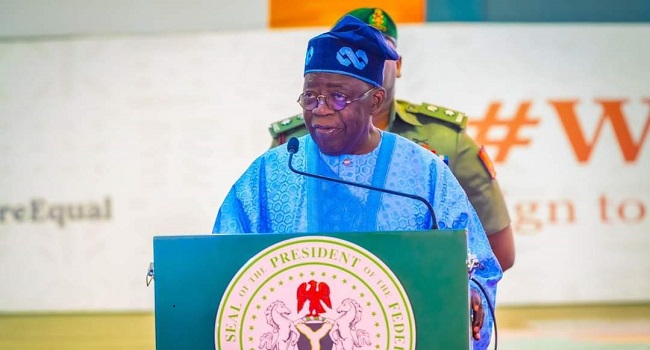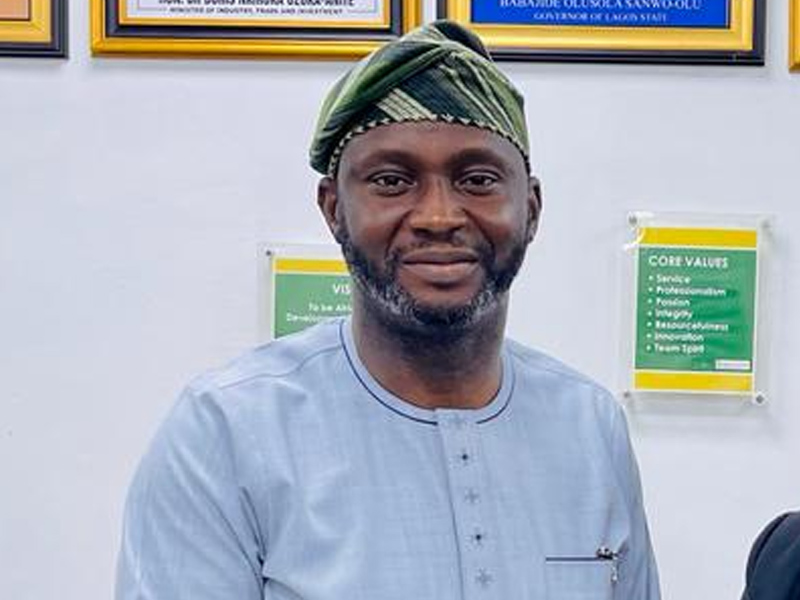At the recent BRICS Summit, President Bola Ahmed Tinubu declared that Nigeria will no longer be a passive participant in global decision-making. His remarks highlighted Nigeria’s commitment to actively engage in discussions on financial restructuring and other pressing global issues.
A Call for Active Participation
While addressing leaders from Brazil, Russia, India, China, and South Africa, Tinubu emphasized the need for Nigeria to take a more assertive role on the global stage. He stated that the nation has the resources and expertise to contribute meaningfully to international dialogues. This shift reflects a broader ambition to enhance Nigeria’s influence in global economic matters.
Tinubu acknowledged the challenges facing many countries, particularly in the areas of finance and development. He stressed that Nigeria’s economic potential should not be overlooked. By actively participating in global discussions, Nigeria aims to advocate for the interests of developing nations, ensuring their voices are heard in crucial decision-making processes.
The President’s remarks resonated with many stakeholders who believe that Nigeria’s strategic position in Africa gives it a unique opportunity to lead discussions on key issues. Tinubu’s administration is committed to championing policies that benefit not only Nigeria but also other developing countries facing similar challenges.
Enhancing Global Cooperation
In his speech, Tinubu also addressed the importance of collaboration among BRICS nations. He highlighted that cooperation in various sectors, including trade, technology, and finance, is essential for sustainable development. By fostering partnerships, Nigeria seeks to enhance its economic growth while contributing to the collective prosperity of the BRICS community.
Additionally, Tinubu called for a re-evaluation of existing financial structures that often disadvantage developing nations. He urged other leaders to work towards creating more equitable systems that promote inclusive growth. This call for reform aligns with Nigeria’s vision of a fairer global economy, where the needs of all nations are recognized and addressed.
Tinubu’s commitment to active participation in global decision-making is also seen as a response to the changing dynamics of international relations. As countries increasingly seek to assert their interests, Nigeria’s proactive stance positions it as a leader in advocating for the rights of developing nations.
In conclusion, President Tinubu’s declaration at the BRICS Summit marks a significant shift in Nigeria’s approach to global engagement. By asserting its role in decision-making, Nigeria aims to influence policies that affect its citizens and the broader African continent. The emphasis on cooperation and reform underscores the need for a united front among developing nations. As Nigeria takes on this new role, the potential for fostering meaningful change in global economic discussions is immense. The world will be watching to see how Nigeria leverages its influence in the coming years.




